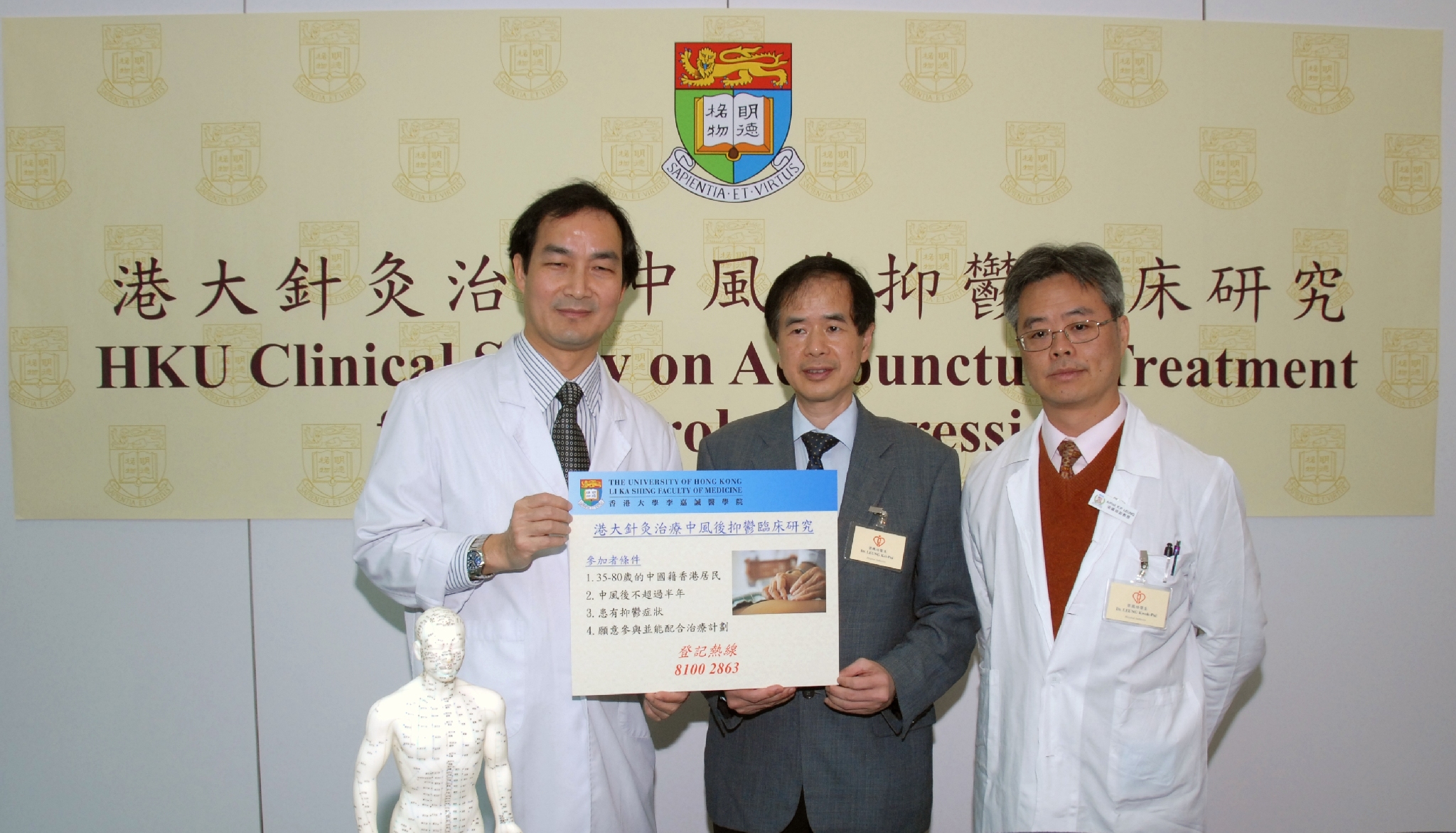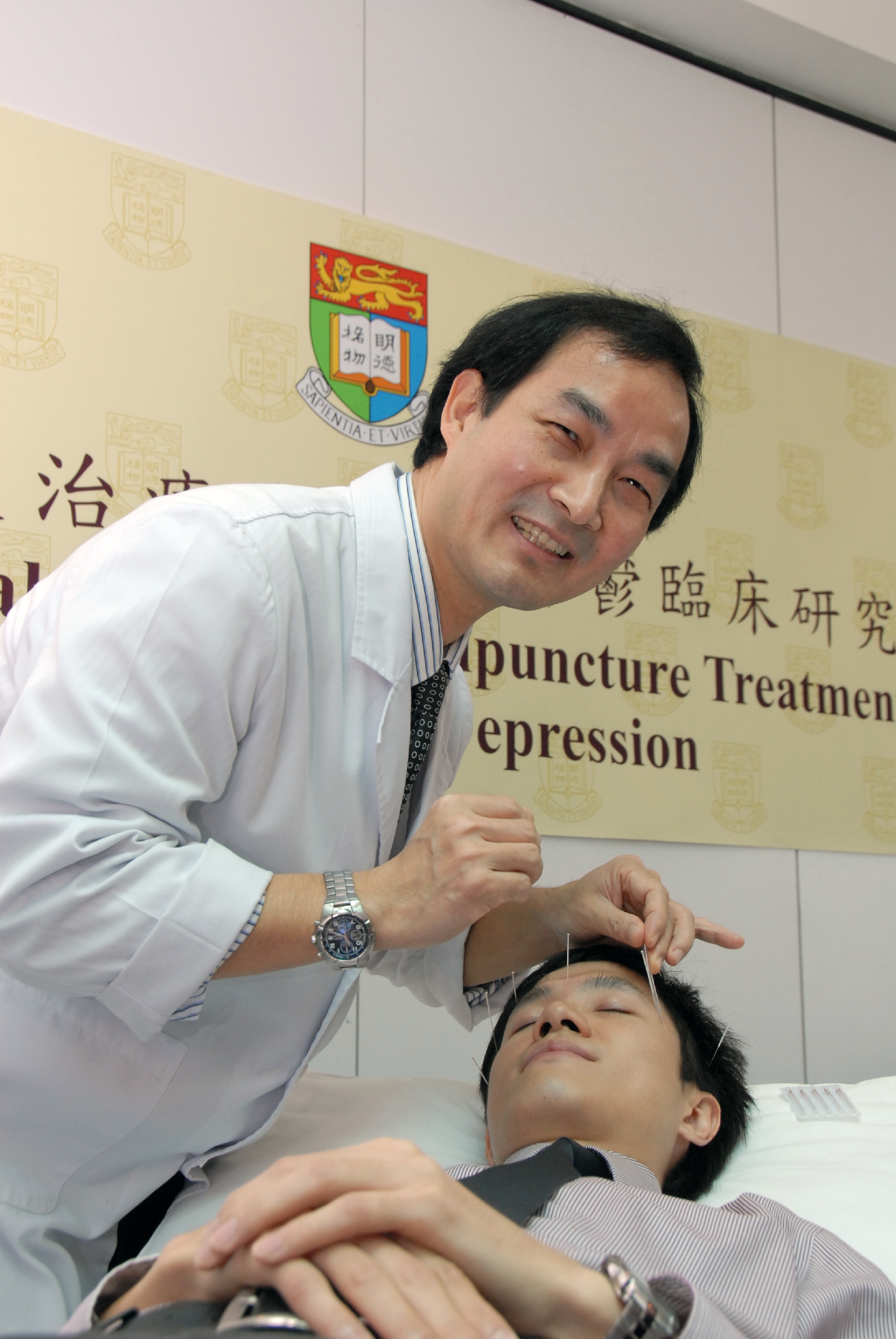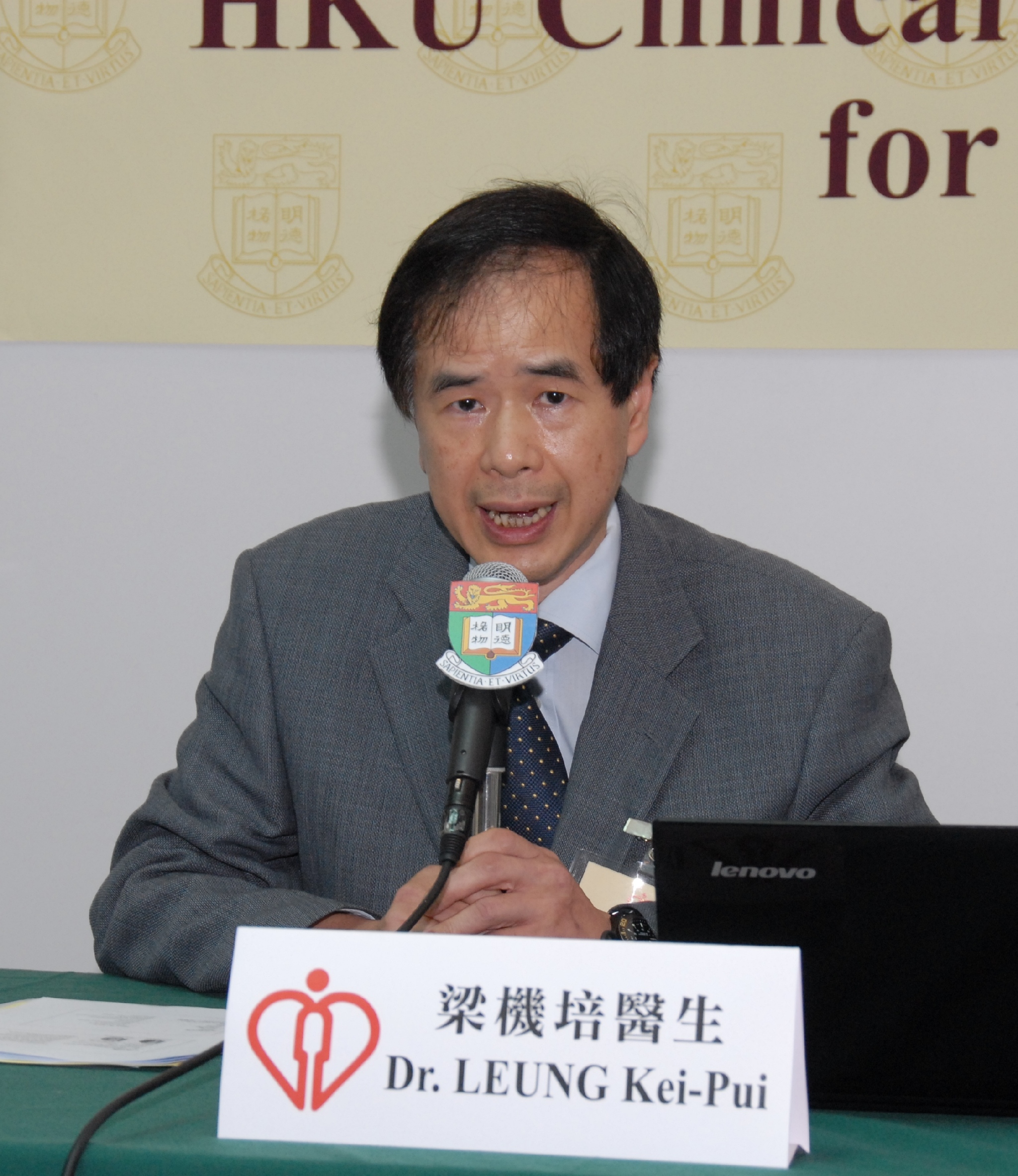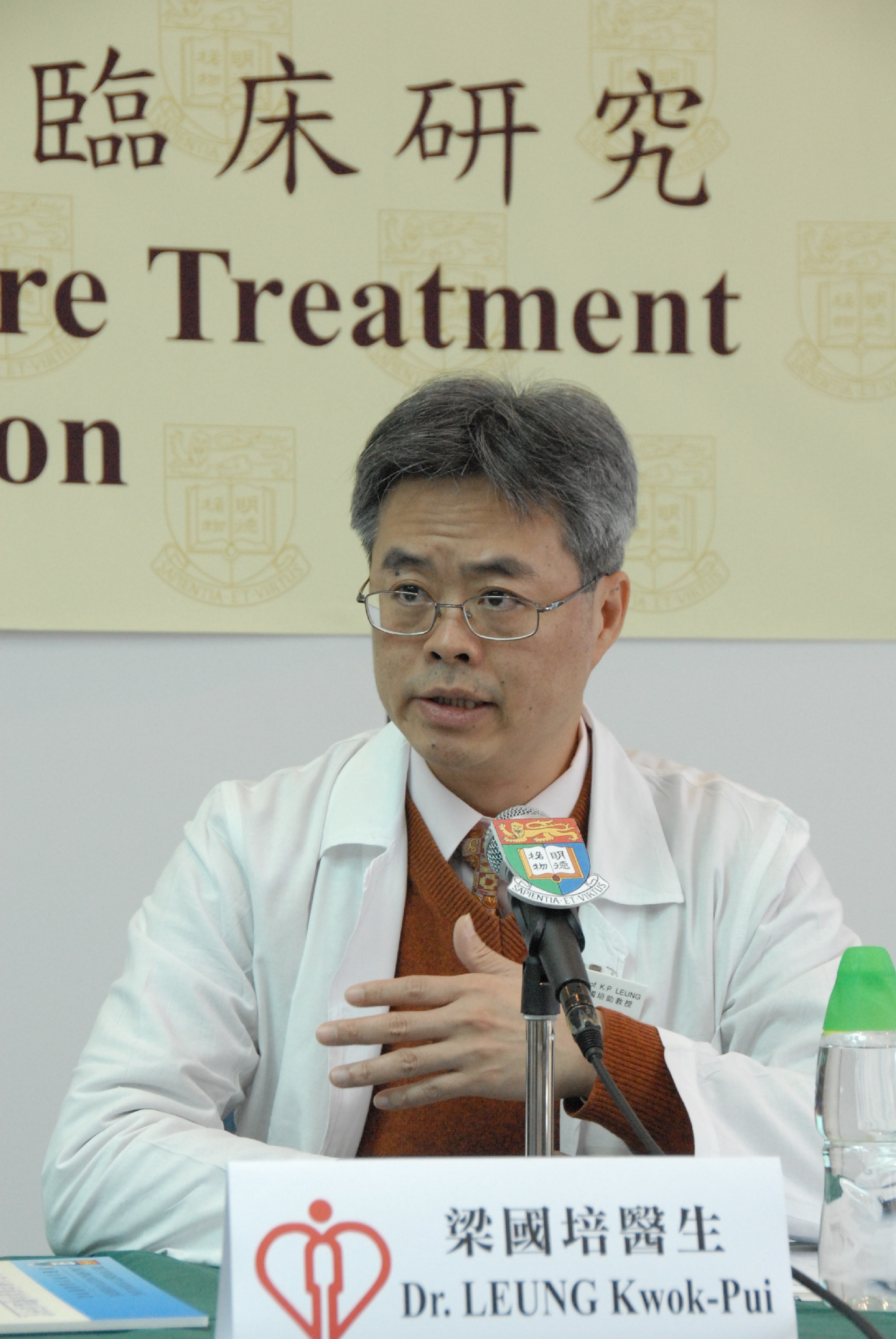Media
HKU Clinical Study on Acupuncture Treatment for Post-stroke Depression
15 Dec 2010
Post-stroke depression (PSD) is a commonly observed psychiatric condition, affecting about 30% of stroke patients. As an ancient therapeutic art, acupuncture has been adopted to effectively alleviate various post-stroke symptoms, including depression. In this regard, the School of Chinese Medicine, in collaboration with Medical Rehabilitation Unit, Tung Wah Hospital; and Department of Medicine and Rehabilitation, Tung Wah Eastern Hospital, is going to launch a clinical study on treating post-stroke depression by acupuncture aiming to evaluate the effectiveness of acupuncture in treating post-stroke depression. The School is now calling for patient participation for this clinical study.
About Post-stroke depression (PSD):
According to the Department of Health, about 30,000-40,000 people experience stroke per year in Hong Kong and PSD mostly occurred in 3-12 months after stroke. In particular, depressive symptoms were highly prevalent (68%) among the community-dwelling poststroke elders. PSD not only leads to mood depression, but also affects the stroke patients' rehabilitation progress, jeopardizes quality of life and increases mortality. However, PSD is often neglected as most treatment regimens focus on other stroke sequelae. The efficacy of the available antidepressant drugs is limited in the treatment of PSD and the clinical use is greatly hampered due to its slow onset time and adverse effects, mainly cardiovascular effects.
Treating PSD by Acupuncture:
On the other hand, acupuncture not only helps to remedy the physical sequelae of the stroke patients, but also used to treat a variety of mental-emotional problems, such as depression, anxiety, and insomnia. Principal investigator of the study, Dr. ZHANG Zhang-jin, Associate Professor of the School of Chinese Medicine, The University of Hong Kong says, "Dense cranial electroacupuncture stimulation may reduce the severity of PSD by effectively improving neurochemical systems involved in the pathogenesis of depression. According to the traditional Chinese medicine theory, acupuncture stimulation could unblock the stagnation of the meridian energy in the brain, re-balance Yin and Yang, and then heighten mood and reduce depressive condition."
Dr. Zhang recently conducted meta-analysis revealed that acupuncture may perform better compared with the conventional medications in treating PSD, probably related to multiple benefits of acupuncture in treating stroke patients, including enhancing stroke rehabilitation, alleviating limb disabilities, aphasia, dysphagia, urinary and defecation incontinence. He thus believes that acupuncture intervention may be an effective option in treating PSD, with fewer adverse effects. These multiple therapeutic effects of acupuncture will be further evaluated in the clinical study.
HKU Recruits Patients for the Study:
The School of Chinese Medicine, HKU is now recruiting 60 eligible patients suffering from post-stroke depression to participate in the study. The entry criteria are listed as follows:





